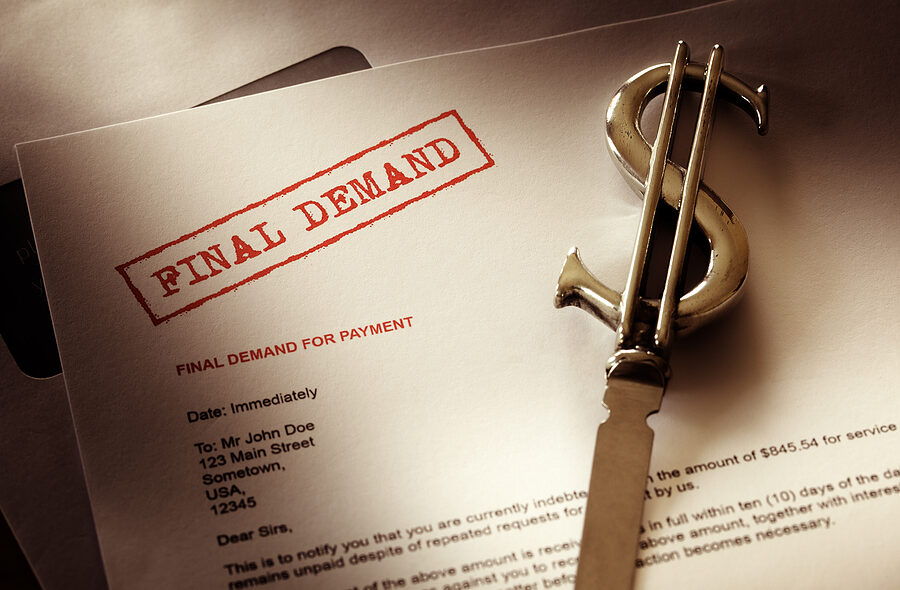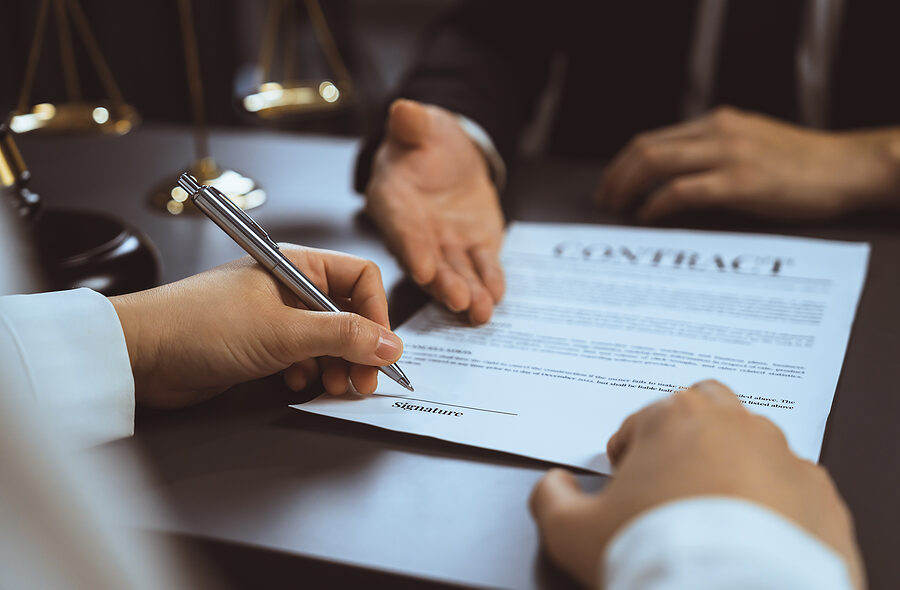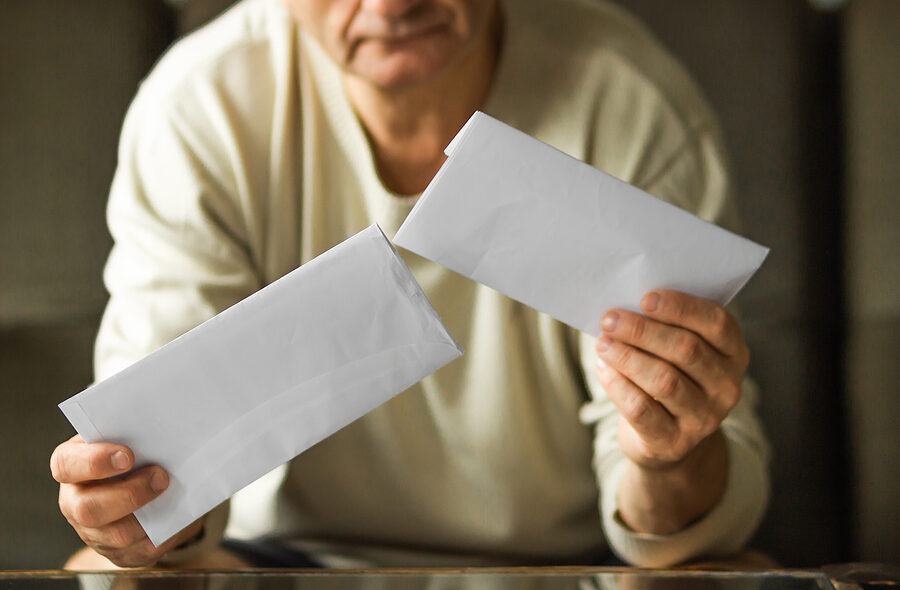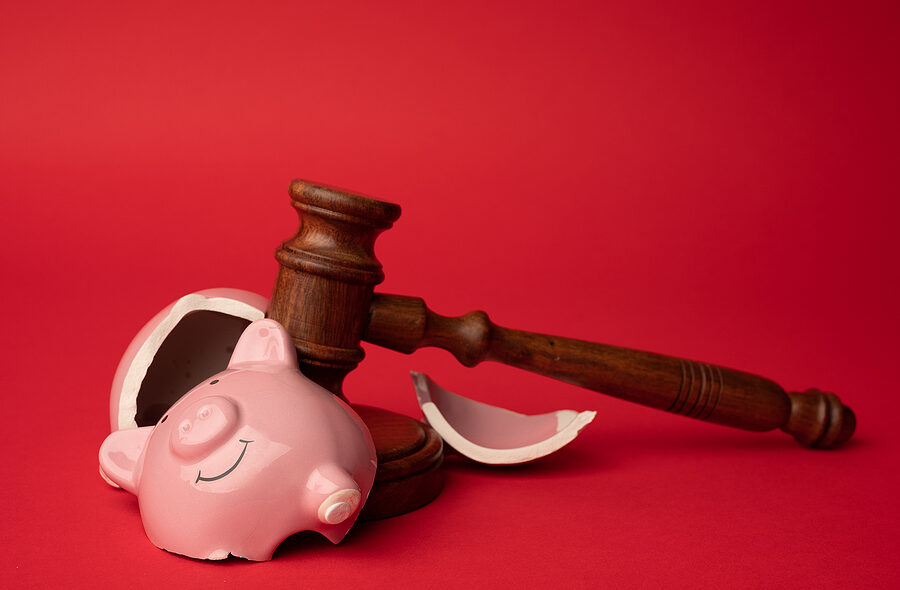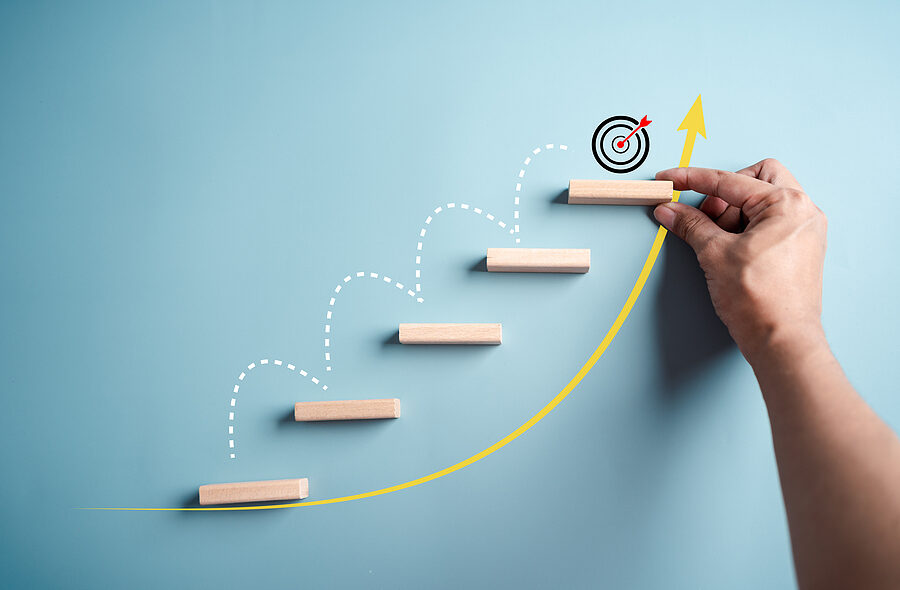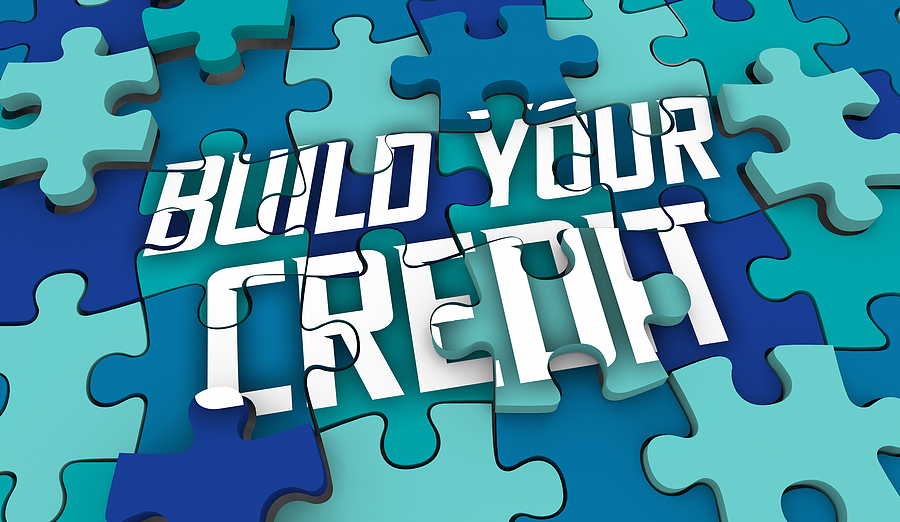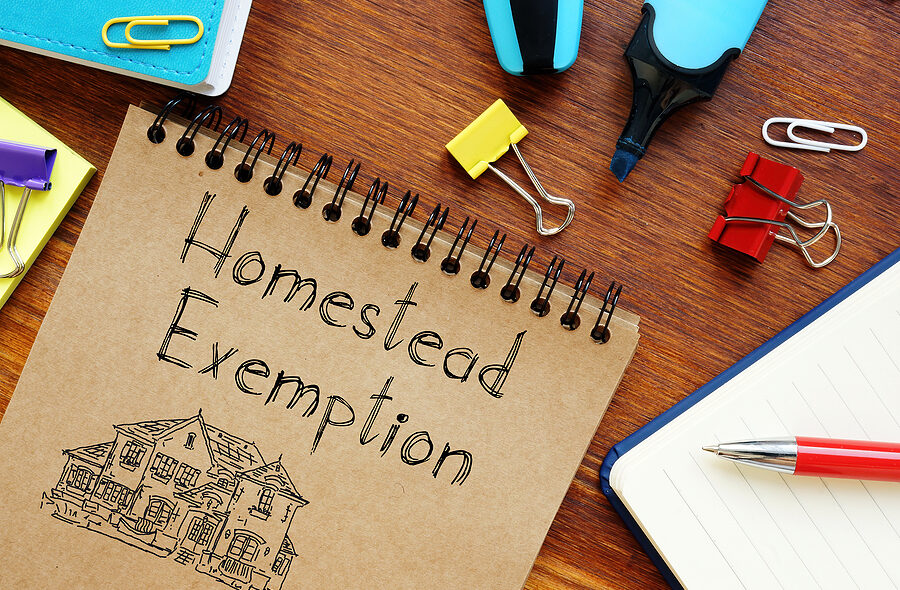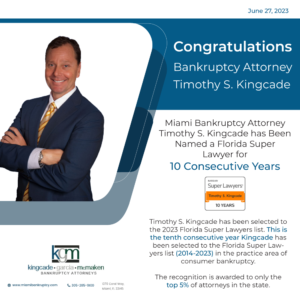Credit card debt is treated as an unsecured debt in bankruptcy. Unsecured debt is debt that is not secured by any collateral. For example, a mortgage would be a secured debt guaranteed by your home; an auto loan would be a secured debt guaranteed by your car. Unsecured debts, like credit cards, medical bills, and personal loans can be easily discharged in bankruptcy.
Most consumer bankruptcy cases do not include any assets, and there is no property that can be liquidated to pay off creditors. Any funds from liquidated assets are paid to creditors based on priority. Credit card companies and other unsecured creditors are usually last on the list.
If you file Chapter 13 bankruptcy, your repayment plan will be approved if it repays most or all your creditors over a three-to-five-year period. But that doesn’t mean all creditors will be repaid, some not at all. Creditors are repaid according to priority in Chapter 13.
As bankruptcy attorneys, we see credit card debt as one of the most common problems facing those with serious financial challenges. Filing for bankruptcy is a viable option for those struggling with insurmountable credit card debt. Chapter 7 is the fastest form of consumer bankruptcy and forgives most unsecured debts like credit card debt, medical bills, and personal loans. There are certain qualifications a consumer must meet regarding income, assets, and expenses to file for Chapter 7 bankruptcy, which is determined by the bankruptcy means test.
SOURCE: Credit Card Debt Under Bankruptcy Law | Bankruptcy Law Center | Justia

